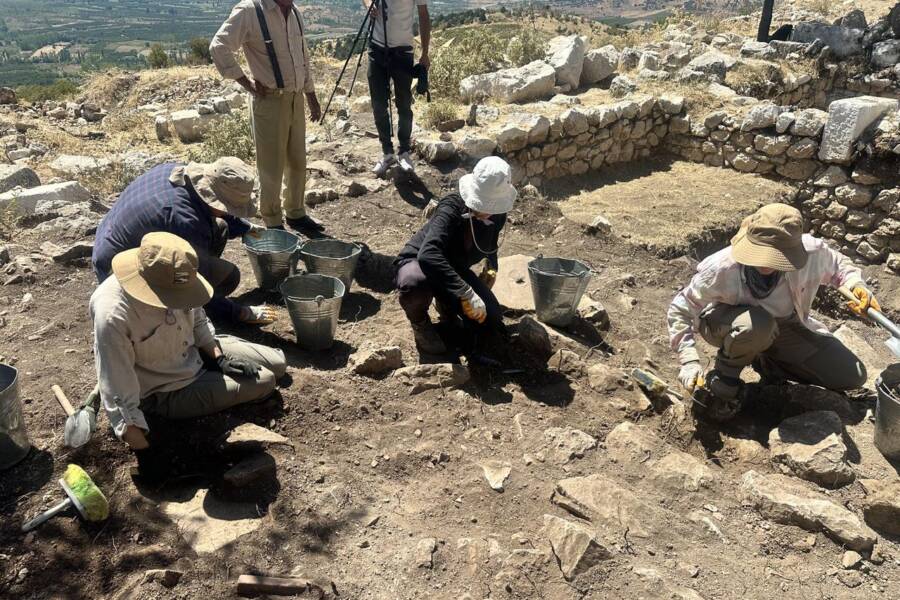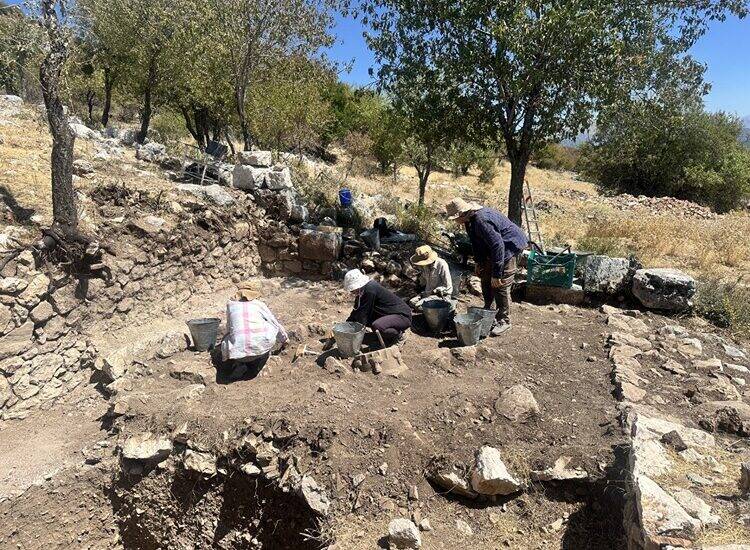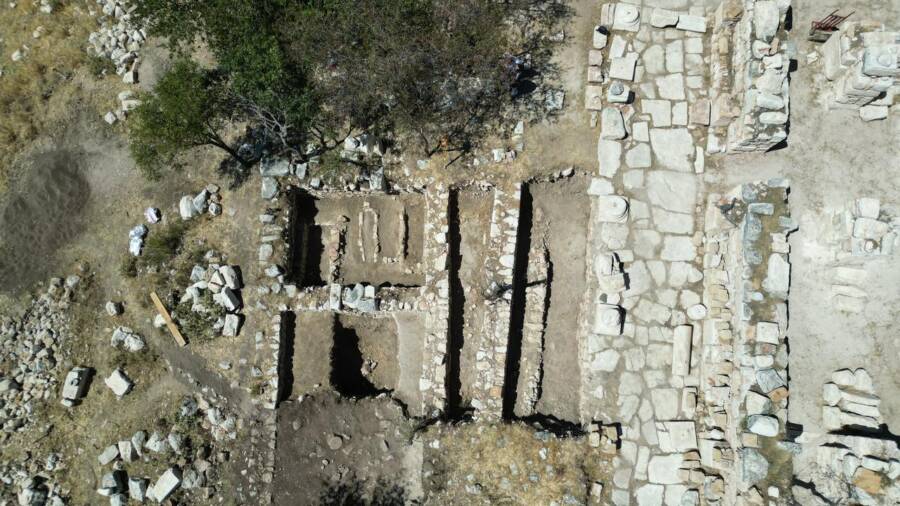Ancient Soup Kitchen Discovered in 2,200-Year-Old Turkish City Reveals Surprising Secrets of Daily Life
Ever wonder what an ancient soup kitchen looks like? Well, archaeologists sure did when they stumbled upon kitchen ruins and storerooms just a stone’s throw—about 100 feet—from an old church in the 2,200-year-old city of Timbriada, sitting quietly in Turkey’s Isparta province. This isn’t just any dusty old find; it’s a delicious glimpse into how religion wasn’t just about sermons or rituals back in the Late Antique period — it also meant feeding the flock, literally. I mean, who knew that the spiritual and the culinary worlds collided so intimately centuries ago? These discoveries don’t just stir the pot on Timbriada’s religious past; they add a rich, savory layer to the city’s long, fascinating history that’s been cooking for over two millennia. Hungry for more?
Experts believe these new discoveries help emphasize the importance of religion in Timbriada during the Late Antique period.

AA PhotoArchaeologists excavating the Timbriada site in Turkey’s Isparta province.
During excavations in the 2,200-year-old city of Timbriada, archaeologists came across the ancient ruins of what appears to be kitchen facilities and storage rooms. Located nearly 100 feet from an ancient church, the newly found ruins seem to hint at the increasing importance of religion in the area during the Late Antique period.
The new discovery also makes up a part of the much larger story of Timbriada, a city with a long and rich past.
The Ancient Kitchen And Storeroom In Timbriada
According to Turkish media, the excavations in Timbriada are part of a much larger project. Led by archaeologist Fikret Ozcan of Suleyman Demirel University, they’ve been in progress over the last five years.

AA PhotoArchaeologists have been excavating Timbriada over the last five years.
Archaeologists have lately focused on excavations at an ancient church, once the center of the settlement. And it was during recent excavations in this area that they came across the ruins of what appears to be a kitchen and storage facility, situated roughly 100 feet from where the church once stood. Ozcan described the kitchen as an early soup kitchen, clearly associated with the place of worship. According to Ozcan, the discovery “indicates the increasing importance of the church in the Late Antique period.”
During their excavations, archaeologists also came across carbonized grains and seeds, which can offer insights on ancient people’s agricultural practices.
“We encountered some seeds or grains, even though they were carbonized, in our work. This is very important. Perhaps in future studies, we have the possibility of reaching ancestral seeds that have survived to the present day in intact form,” he said. “This helps us understand the dietary culture, ecological adaptations, and economic life of people in that period. At the same time, it is important for today’s agriculture in terms of genetic diversity.”
The discovery of the ancient storeroom, soup kitchen, and seeds also belongs to a much bigger story about the history of Timbriada.
The Long And Ancient History Of Timbriada
Timbriada, also known as Tymbrias or Timbrias or Tymbriada, was established in the second century B.C.E. on the slopes of Asartepe. It eventually spread across more than half a mile, and became an important center of the Pisidia region in antiquity.

AA PhotoAn aerial view of the ancient storage room and soup kitchen in Timbriada, which was found roughly 100 feet away from the settlement’s church.
The city started minting coins in the second century B.C.E., which depicted both Greek gods like Zeus, Dionysus, and Hermes, as well as figures from the nearby Kybele (Meter) cult, whose sacred cave was once an important religious site in the region.
After the rise of the Roman Empire, Timbriada joined the Panhellenion Union, a union of various cities formed by places like Athens and Pergamon, and maintained its importance during the Roman era. In the Late Antique period, which saw the rise of Christianity, Timbriada also became an important bishopric center.
As such, the discovery of the soup kitchen and storage rooms, located near the settlement’s central church, offers new insights into day-to-day life in Timbriada in late antiquity. The discovery also joins a long list of thrilling archaeological news from Turkey. In the past year alone, archaeologists have found a church mosaic in the ancient city of Olympos, which reads, “Only those on the righteous path may enter here,” a tomb that may belong to one of King Midas’ family members in Gordion, and the ruins of a sprawling Roman villa complete with a fish pond in the ancient city of Tripolis.
Even small cities like Timbriada, which didn’t boast as much territory as others, are full of incredible history. And while historians already knew about Timbriada’s role on the international stage, discoveries like the kitchen, storage room, and carbonized grains and seeds can tell a different, more intimate story about the people who once lived, worked, and died in the ancient settlement.




















Post Comment